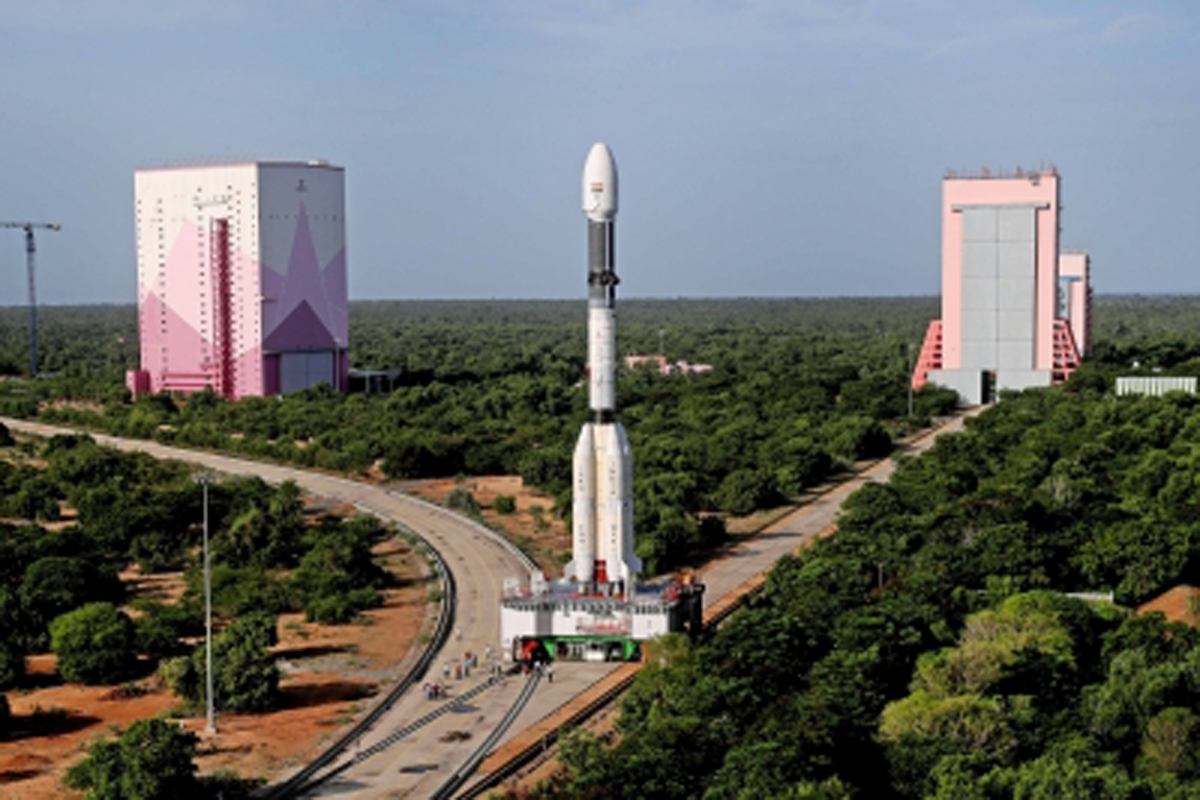Agnikul to launch Agnibaan rocket before 2022
Agnibaan is a two stage rocket with 100 kg payload capacity to orbits around 700 km high (low Earth orbits) and enables plug-and-play configuration.
ISRO has all the makings of emerging as a major satellite launch provider at competitive rates in the world.

Photo: IANS
The Indian Space Research Organisation suffered a major setback when its GSLV-F10 satellite launch on Thursday failed to accomplish the mission to place its earth observation satellite EOS03 in geostationary orbit.
Though the lift-off from the Satish Dhawan Space Centre at Sriharikota was successful, the cryogenic third stage failed to ignite and the rocket came crashing down. GSLV-F10 was ISRO’s eighth flight with indigenous cryogenic engine.
This mission was originally scheduled for 5 March 2020, but was called off a few hours before the launch because of a technical glitch in the cryogenic stage. According to G Madhavan Nair, former chairman of ISRO, indigenous cryogenic engines have a better track record than those made in Russia and the European countries.
Advertisement
He was confident a “resilient ISRO” will bounce back. EOS-3 was the first state-of-theart earth observation satellite with a life-span of 10 years which would have been placed in a geo-synchronous orbit around the earth.
Its objectives were to provide real-time imaging of large areas of the planet, to monitor natural disasters from its position in the sky and to provide warning for natural disasters, observe cyclones, cloudbursts and thunderclouds. The GSLV Mark II is the largest launch vehicle built in India.
It can carry satellites weighing up to 2,500 kg and place them in geosynchronous orbit. Although ISRO had a long run of successful missions, nothing much has happened since the beginning of 2020. The organisation had planned 25 launches last year, preparatory to the manned Gaganyaan mission of 2023.
The Covid-19 pandemic has taken its toll on the activities of ISRO also. It had sought Rs 14,000 crore to acquire 2,300 acres of land in Kulasekharapattinam in southern Tamil Nadu for a second launch station after Sriharikota. A year earlier, it established New Space India Limited as a substitute for Antrix, the commercial arm of ISRO now caught in a scam-tainted dispute with Devas.
ISRO has all the makings of emerging as a major satellite launch provider at competitive rates in the world. Thursday’s failure has robbed ISRO of its optimism and enthusiasm. It should not shy away from sharing its successes along with failures with the people and at the same time remain accountable to the nation.
About a decade ago, ISRO ventured into what it called Navigation with Indian Constellation ((NavIC), similar to the Global Positioning System (GPS) owned by the government of the USA and operated by the US Air Force. The USA has provided GPS signals to users worldwide free of cost since the 1980s.
Russia has its own navigation system called GLONASS, the European Union has Galileo. China has completed its BeiDou Navigation Satellite System constellation and China’s President Xi Jinping commissioned the system at the Great Hall of the People in Beijing a few months ago.
Advertisement